Description
Organic wines are special because they are produced in a way that prioritizes environmental sustainability, natural practices, and minimal chemical intervention. Here are some key aspects that make organic wines unique:
- Organic Farming Practices: Organic vineyards use organic farming practices, which means they avoid synthetic pesticides, herbicides, and chemical fertilizers. Instead, they rely on natural and organic alternatives to promote soil health and minimize the impact on the environment.
- No GMOs: Organic wines are made from grapes that are not genetically modified. This maintains the integrity of the grape variety and avoids any potential concerns associated with genetically modified organisms.
- Minimal Chemical Intervention: Organic winemaking limits the use of chemical additives in the production process. Sulfur dioxide, a common preservative in wine, is used in lower quantities in organic wines, which can be beneficial for those sensitive to sulfites.
- Biodiversity: Organic vineyards often promote biodiversity by cultivating cover crops, using natural predators to control pests, and maintaining a healthy ecosystem. This approach helps protect the surrounding wildlife and fosters a balanced, thriving ecosystem.
- Healthier Soil: Organic farming practices prioritize soil health through composting, crop rotation, and reduced soil erosion. Healthy soil leads to healthier, more vibrant grapevines, which can result in better grape quality.
- Natural Yeasts: Some organic winemakers use natural yeasts for fermentation, which can contribute to unique and more terroir-driven flavors in the wine.
- Transparency: Organic wines often come with certification labels, which provide consumers with transparency about the winemaking process and adherence to organic standards.
- Lower Environmental Impact: Organic practices are generally more sustainable and have a lower environmental impact. This can include reduced water usage, less soil erosion, and a smaller carbon footprint.
- Taste and Terroir: Organic wines are believed by many to better reflect the terroir, or the unique characteristics of the vineyard’s location, as the grapes are grown in harmony with the environment.



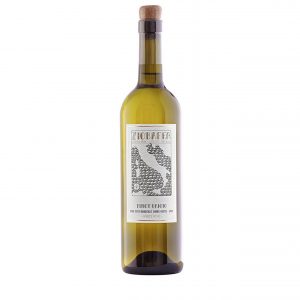

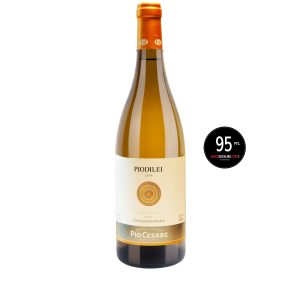

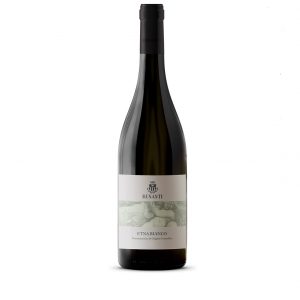
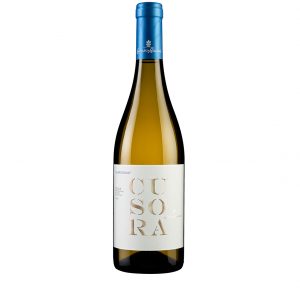
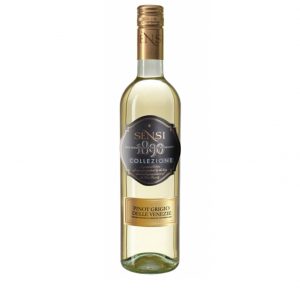
Reviews
There are no reviews yet